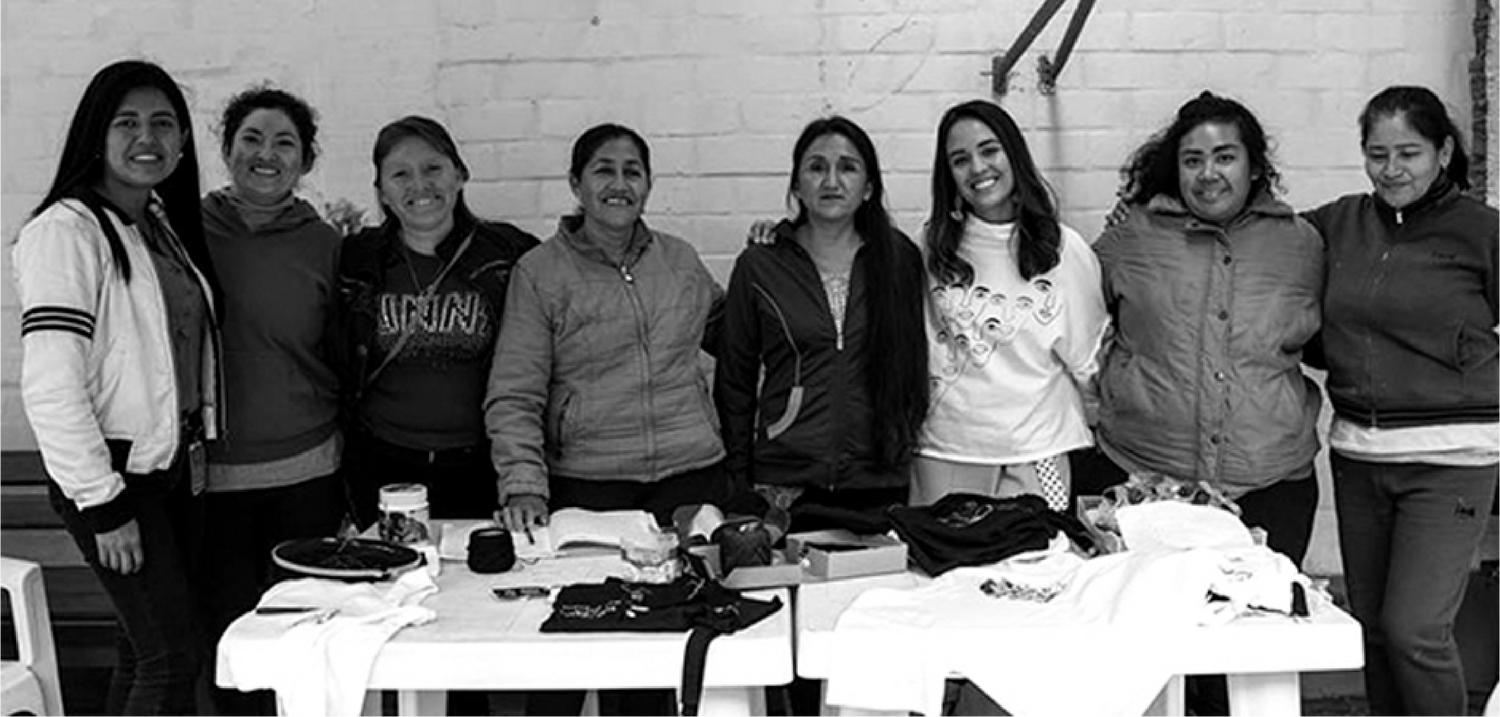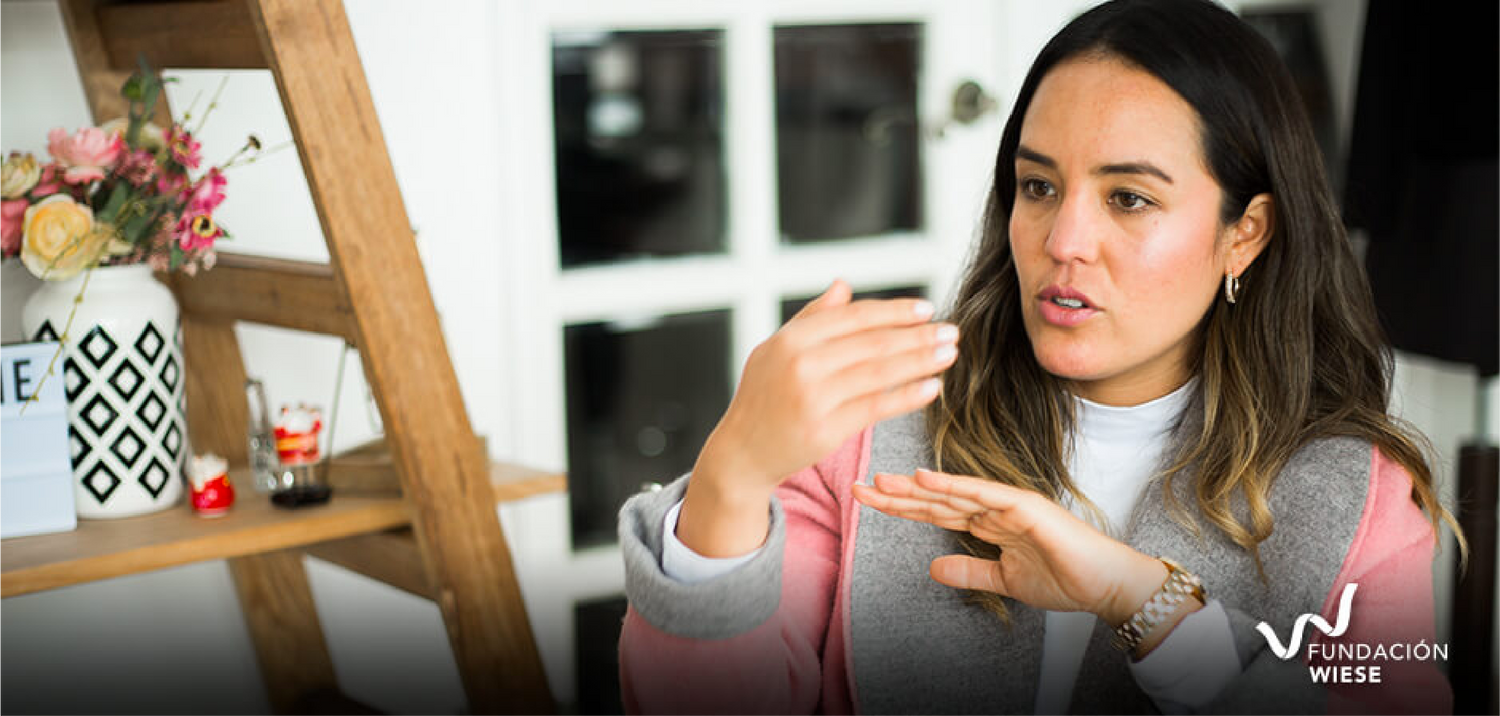Pucallpa 20'
Immerse yourself in the ancestral heritage of the Pucallpa Collection! This exquisite line is not just fashion, but a tribute to the ancestral Shipibo Conibo culture of Pucallpa and a testament to the transformative power of sustainable design.
In partnership with the NGO AIDER, we have empowered 45 talented artisans from the Shipibo Conibo communities of Pucallpa, training them for two months. Inspired to enrich their traditional looms, they have merged the rich history of their culture with contemporary touches. The result is a stunning collection that celebrates Shipibo textile craftsmanship, creating employment and significant opportunities for these communities.
The Pucallpa Collection stands out not only for its aesthetic beauty but also for its positive environmental impact. By valuing and promoting local artisanal techniques, we contribute to preserving textile tradition and reducing the ecological footprint associated with mass production.
The three pillars of the Pucallpa Collection:
- Celebrating the Shipibo Conibo culture: Inspired by the rich history and traditions of these communities, our collection spreads the cultural legacy of the indigenous population, giving greater visibility to their textile art.
- Empowering through work: Empowering women artisans and providing them with opportunities in the creation of the collection strengthens their economic position and participation in the textile industry, promoting community empowerment.
- Advancing towards sustainability: By integrating artisanal techniques into contemporary designs, we foster responsible and sustainable production. Our focus on local materials and ethical practices reduces the environmental footprint and supports biodiversity conservation.
Discover the Pucallpa Collection and join our commitment to a conscious and equitable future!



